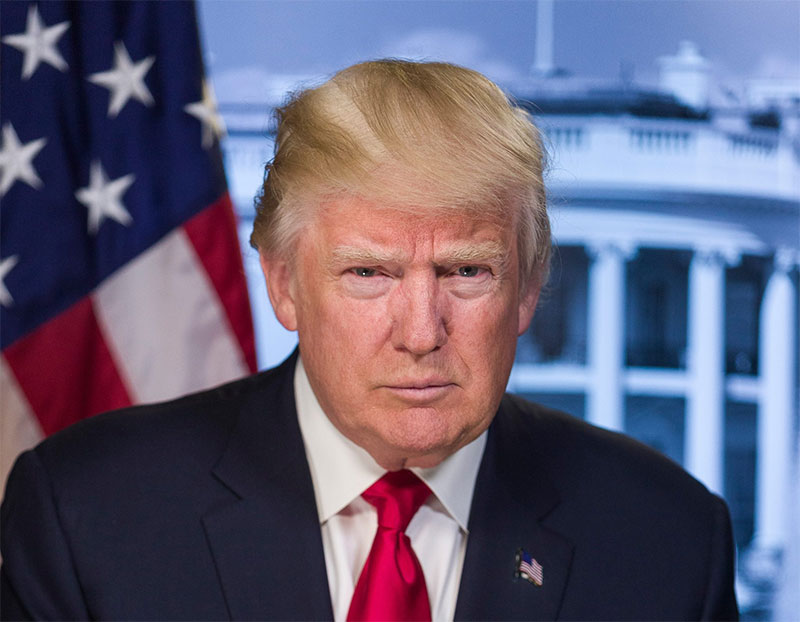Trump’s Taxes: A Result of Great Tax Planning?
 A few people reached out to me and asked my opinion on President Trump’s taxes as recently reported by the New York Times-Impressive? Scandalous? Justifiable? Clever? False Information? Oh what I would give to see a copy of his returns for myself! Trump claims the reports to be false, but for the sake of the discussion, let’s assume the figures in the New York Times are accurate. What do I make of these numbers as a CPA?
A few people reached out to me and asked my opinion on President Trump’s taxes as recently reported by the New York Times-Impressive? Scandalous? Justifiable? Clever? False Information? Oh what I would give to see a copy of his returns for myself! Trump claims the reports to be false, but for the sake of the discussion, let’s assume the figures in the New York Times are accurate. What do I make of these numbers as a CPA?
My initial reaction when I read the article headline was an admiration of all the proactive tax planning his accountant(s) must have done for him. What most people don’t realize is that taking advantage of tax loopholes, credits, and deductions is legal and possible for the smaller businesses, too.
Proactive tax planning often involves strategies like shifting income to a child or parent in a lower tax bracket, ensuring your business is structured correctly, while keeping in mind succession planning and protecting assets. There can also be elements of taking advantage of tax free investments, retirement planning, utilizing losses from prior years, or transferring ownership to shareholders in the business. There are many strategies that are possible. Finding a Certified Tax Coach or another professional that dives deep into your tax situation is a must for all business owners, real estate investors, or long term investors. Tax planning goes far beyond answering the question “How much should I pay in for my 3rd quarter estimated tax payment to avoid penalties?” Tax planning addresses the questions: Where are you? What are your personal and business goals? Once a tax planner has an idea of where you are, they will be able to optimize a plan for you to help you reach your goals in the most tax-free ways possible.
After taking some time to read the article, I have a few additional observations, beyond my first impression of the headline. One figure that stands out is $70K for personal stylist expense. The IRS states that “To be deductible, a business expense must be both ordinary and necessary. An ordinary expense is one that is common and accepted in your trade or business. A necessary expense is one that is helpful for your trade or business.” If all of the expenses reported on the returns are ordinary and necessary to that particular business, it would be an allowable expense. The IRS will disallow a deduction if the taxpayer cannot prove the deduction is both ordinary and necessary. In this case, Trump’s stylist expenses would have to be compared to those of celebrities in a similar limelight, and the burden is on the IRS to decide if this figure is legitimate.
Also, the New York Times article makes it sound like Trump goes into business or real estate deals with the purpose of losing money, so that the losses would offset some of the other income he earns. As an accountant, this raises a flag, since the IRS also states that “If you do not carry on the activity to make a profit, you must report all the gross income (without deductions) from the activity on your 1040. ”
No one is above the law, but all are permitted to benefit from the law. Tax planning is about using the law for your benefit whereas tax evasion is deliberately misrepresenting the truth to avoid taxes. There is no doubt that Trump and his advisory team are master tax planners. Whether or not all the deductions is legitimate is for the IRS to decide.
As a tax planner, my job is to help clients maximize their credits and deduction to pay as little tax as possible within the framework we are give. What a difference some planning makes!
For more information on how you can save on taxes through tax planning, please contact us at www.mytaxcoaching.com/contact.